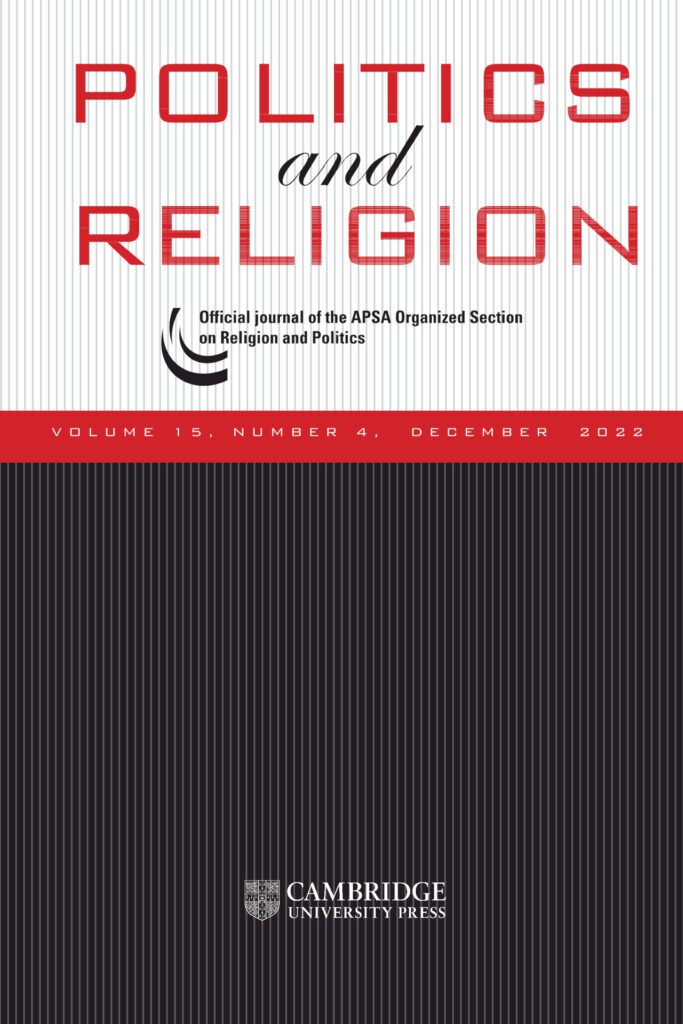Scholars increasingly warn about the rise of “Christian nationalism” and its threat to democracy globally, with a focus on its prevalence in the United States. Whitehead and Perry describe it as intertwining Christianity, whiteness, and conservatism into a cultural framework linked to devout evangelicals. This ideology seeks to fuse Christian values with civic life, often prioritizing power over democratic principles and rejecting religious equality, as argued by Saiya.
The article highlights the growing influence of Christian nationalism in Africa, particularly through dominion theology, which advocates for Christians to exercise control over societal institutions. Scholars like Jeffrey Haynes argue that this poses significant challenges to democracy and inter-religious harmony, essential for many African nations already divided by religion. Despite this concern, there is limited empirical research on the extent of Christian nationalism across the continent, leading to questions about its prevalence and its impact on attitudes toward democracy.
In this investigation, the author sets out to test three hypotheses: the prevalence of Christian nationalism among Africans, the anti-democratic tendencies among its adherents, and their societal intolerance toward non-Christians and LGBTQ individuals. Utilizing survey data from Afrobarometer, the study finds that while Christian nationalism correlates with lower support for democratic governance and higher acceptance of authoritarian alternatives, its prevalence is modest, with about 15.5% adherence across the population. Additionally, it does not appear concentrated among African elites, contradicting assumptions in existing literature.
The results also show that Christian nationalists are neither more nor less intolerant of others compared to the general population, challenging claims of heightened intolerance. The study suggests that while the literature has linked Pentecostalism with authoritarian tendencies, Pentecostals are, in fact, more likely to support democracy than their non-Pentecostal counterparts.
In conclusion, while Christian nationalism represents a potential threat to democracy in Africa, its impact may not be as widespread as feared. The rise of this ideology among leaders raises questions about future political stability, and further research is warranted to explore its development and broader social implications.



